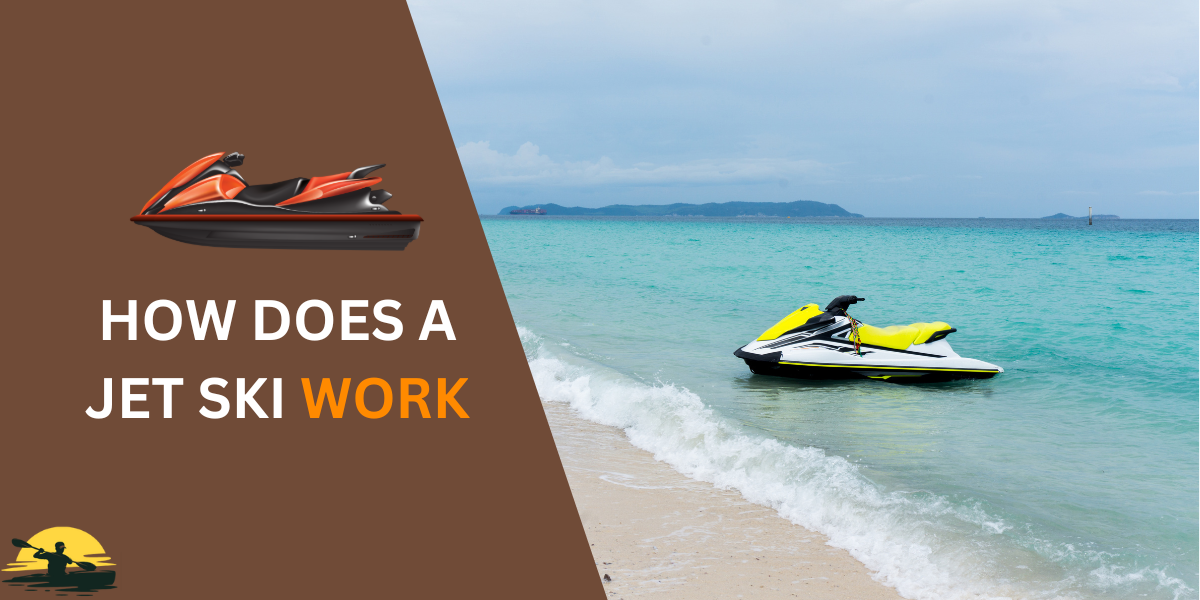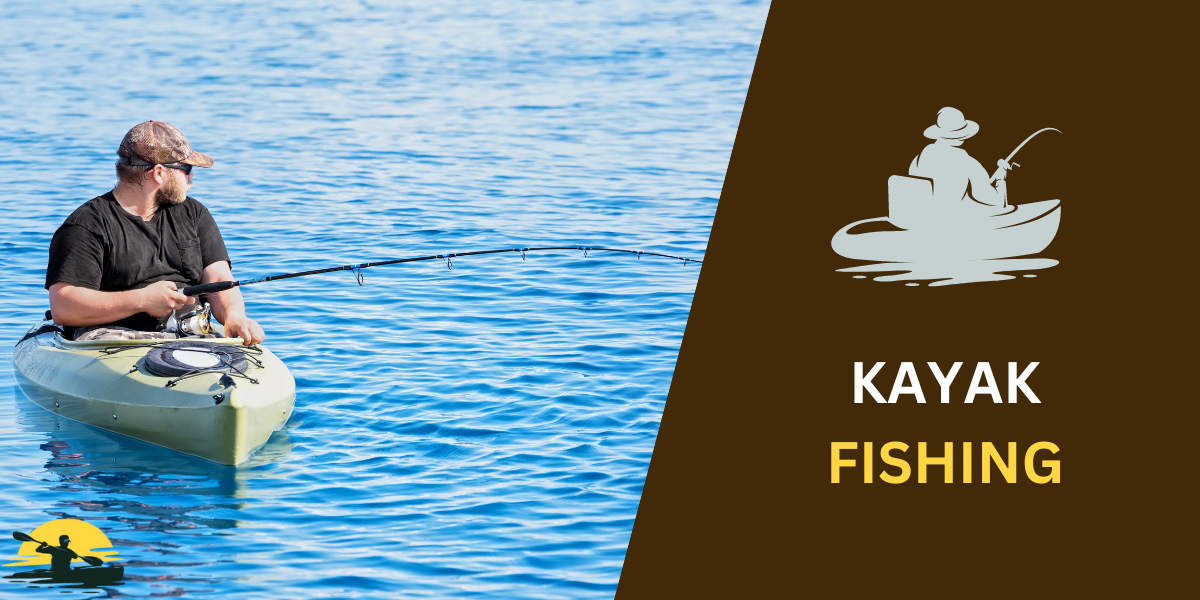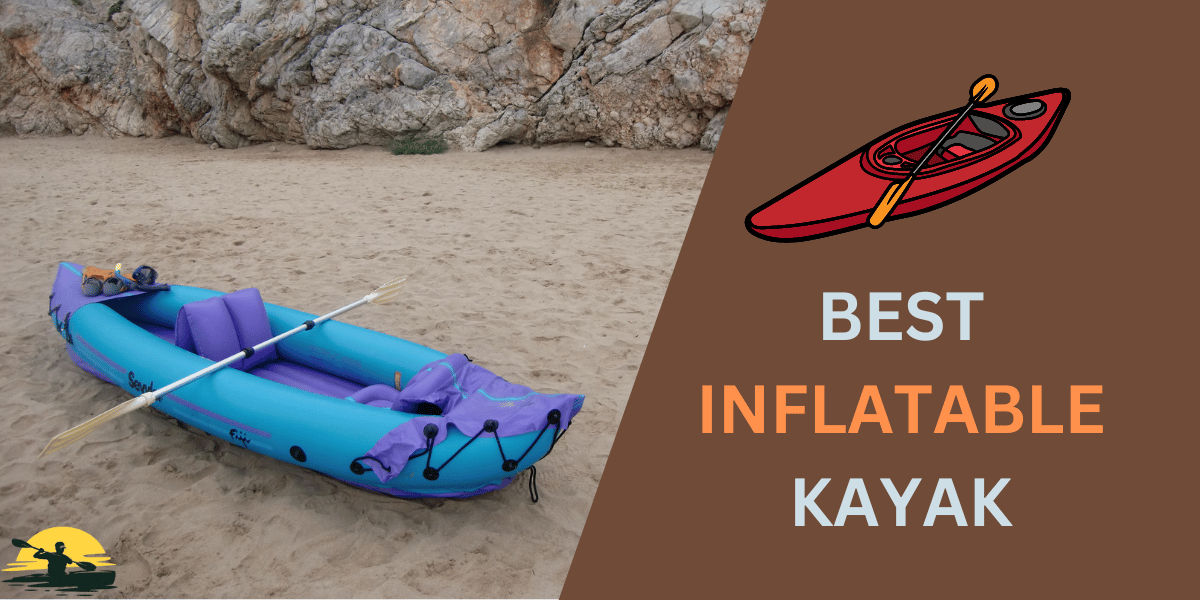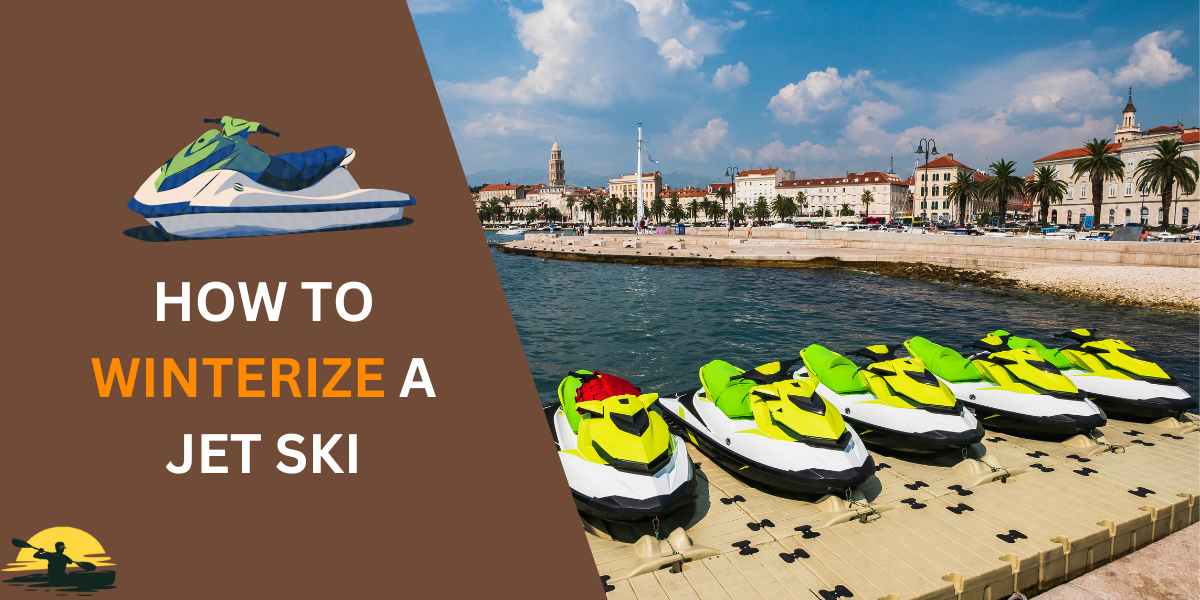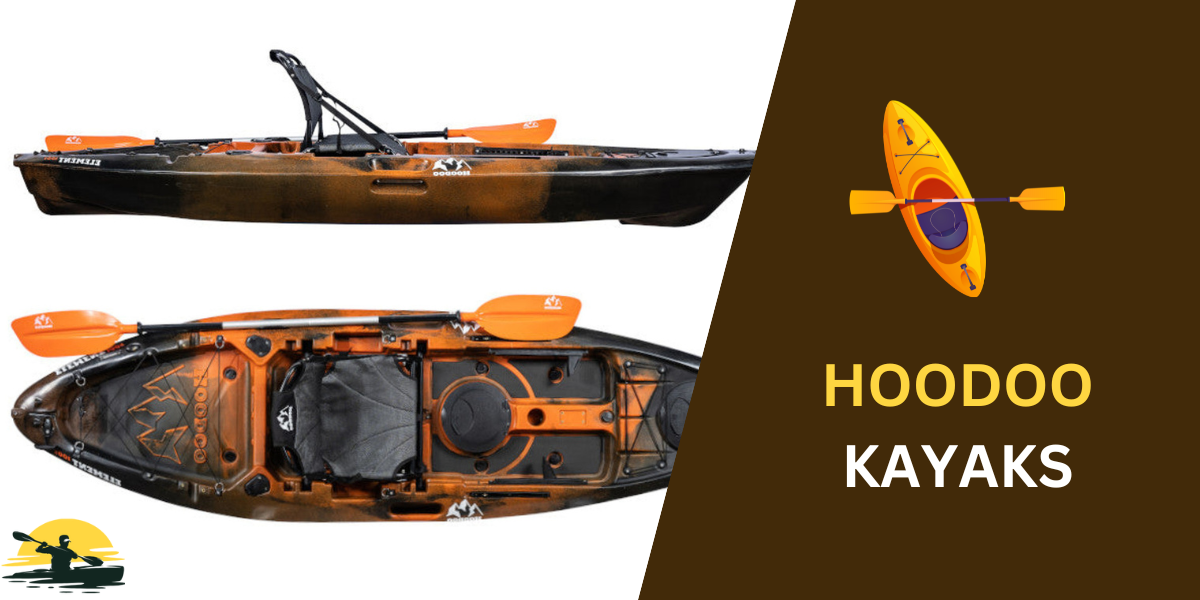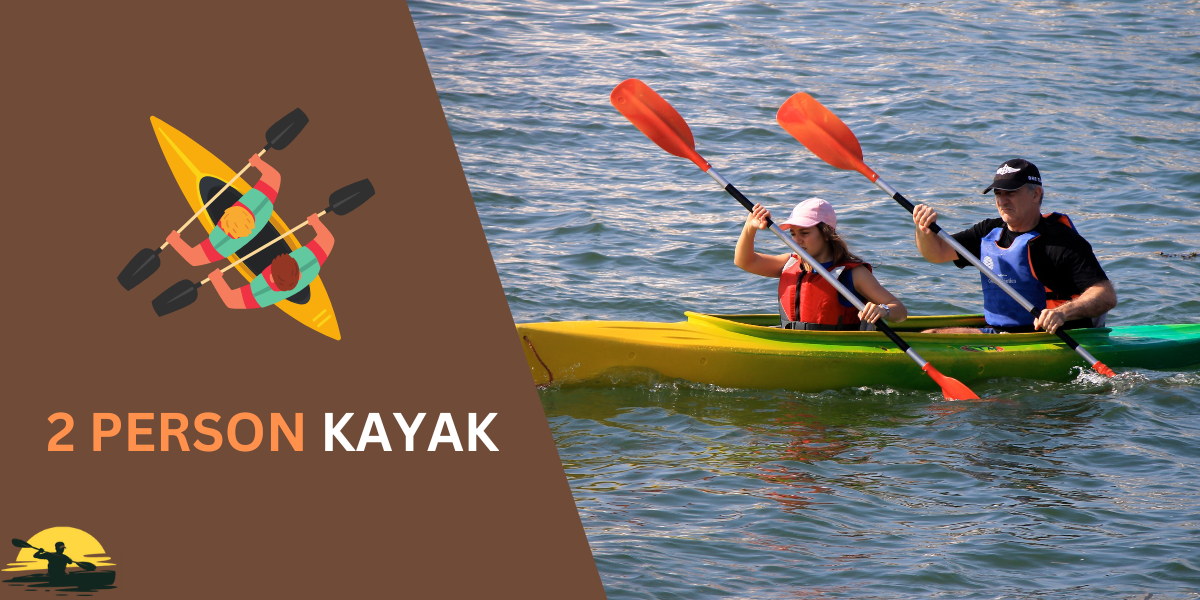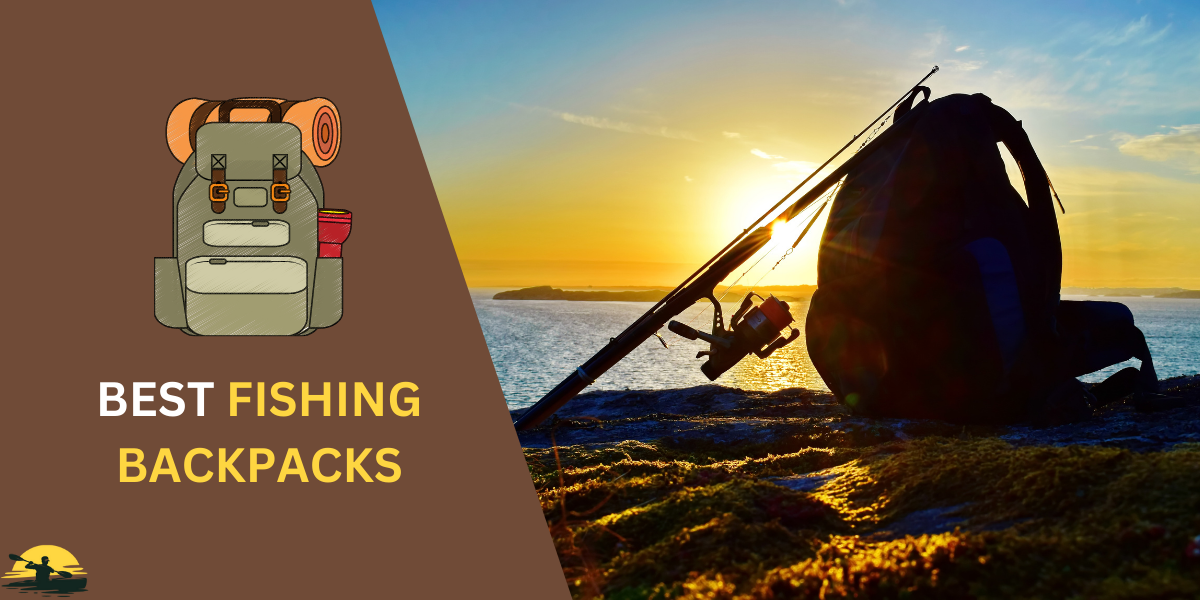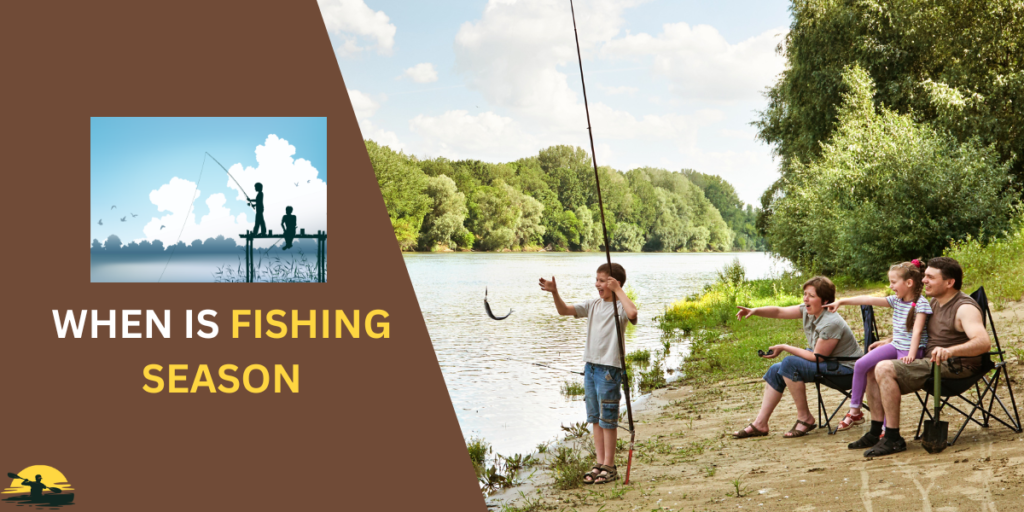
Do you want to catch a largemouth bass or rainbow trout?
Before heading out, remember the fishing seasons! These specific times are when different fish are most active and ready to bite. The seasons are designed to protect fish populations and sometimes even allow for catch-and-release fishing only.
This guide will show you where to find season dates and regulations so you can plan your next successful fishing trip!
- Fishing seasons are specific times when you’re allowed to catch certain types of fish.
- These seasons help protect fish populations and ensure there are enough fish for everyone.
- Factors like water temperature, fish species, and location all affect when the best times to fish are.
- Always check the current fishing regulations for your specific county or area before you go fishing.
- You can find this information on your state’s Department of Natural Resources website or at a local bait and tackle shop.
- Understanding fishing seasons will help you plan your trips and catch more fish!
Understanding Fishing Seasons
So, how do you find out the exact fishing season? Easy! First, could you check the current regulations for the particular county or area you want to fish in?
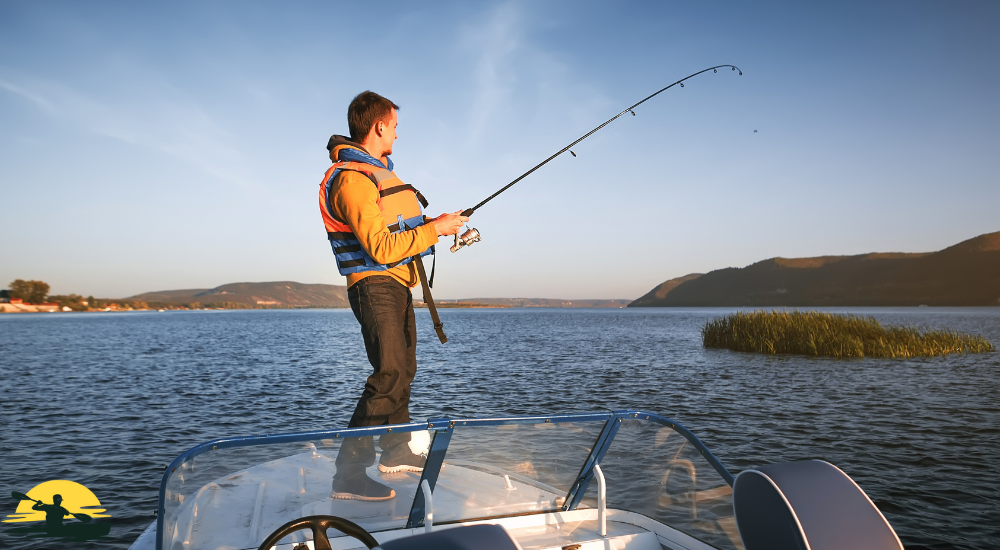
These regulations list the specific dates for each species. For example, you’ll see when trout season starts, when the musky northern zone harvest ends, and any special season dates for smallmouth bass catch-and-release.
You might even find early inland trout fishing opportunities or be able to fish in stocked trout waters.
You’ll need a fishing license, and the cost usually varies depending on whether you’re a resident or not. Some states have special licenses for certain fish, like striped bass or yellow perch.
Don’t worry, though; getting a license is super easy – you can usually do it online or at a local bait and tackle shop.
Remember, special season dates exist for a reason. They protect fish populations and ensure there are plenty of fish for everyone to catch in the future. So, before you plan your next fishing trip, double-check those dates!
Factors That Influence Fishing Seasons
Remember, not all waters are the same—different fish like different things. Just like we have favorite foods, fish prefer certain water temperatures.
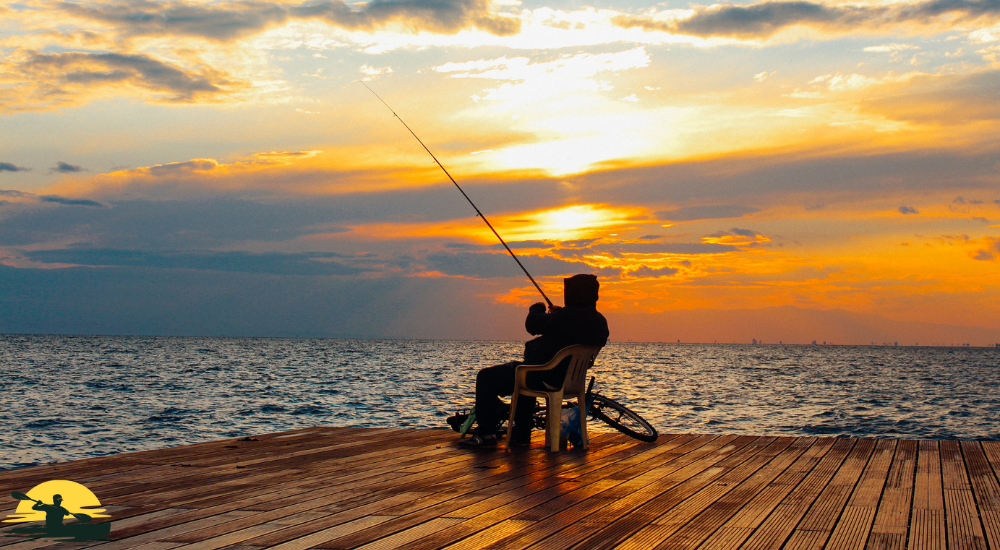
So, depending on the fish you want to catch, the best time to go fishing changes. For example, some fish, like chinook salmon, prefer colder water. So, you’ll find them biting more in the spring or fall when the water temperature is just right.
Other fish, like lake herring, might be more active during the warmer summer months.
The first Saturday in May is usually a big deal in many states, marking the start of the general fishing season. In Wisconsin, this is a popular time for fishing, especially for families. But it’s not the only time to fish!
Also, just like us, fish need to rest and have babies. That’s why there are closed seasons when you can’t catch certain fish. These closed seasons are there to help the fish reproduce and keep their populations healthy.
Like wild animals, which have breeding seasons, fish need time to take care of their young.
So, knowing the factors that affect fishing seasons will help you figure out the best times to catch your favorite fish. Could you check the current regulations for the particular county or lake you’re interested in?
They’ll have all the information you need to make the most of your fishing trip.
Fishing Season Information
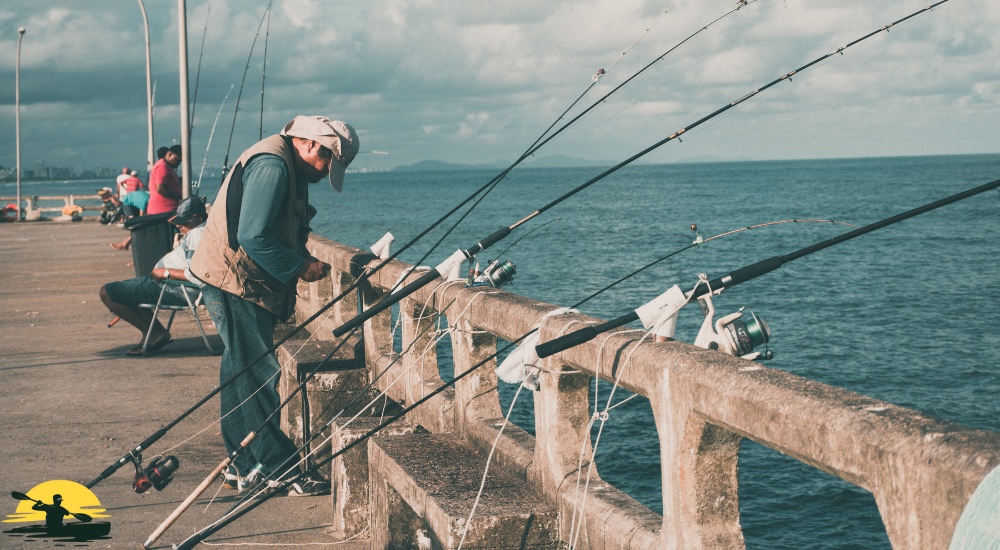
- Check Official Regulations:
- Start with your state’s Department of Natural Resources website. In Wisconsin, the DNR website will tell you everything from the opening day of trout season to when the musky northern zone harvest ends.
- They have detailed information on opening days, closing dates, and any special regulations for specific fish species, like special season dates or even catch and release-only periods.
- Look for Zone-Specific Information:
- Regulations can vary depending on the zone you’re fishing in, even within the same state. Remember, not all Wisconsin waters have the same rules.
- Pay attention to boundary water tables if you’re planning a trip to those areas.
- Understand Inclusive Dates:
- Most fishing regulations use inclusive dates, meaning the season opens on the first day listed and closes at the end of the last day listed.
- Remember, Regulations are Important:
- Fishing regulations are in place to protect fish populations and ensure there are plenty of fish for everyone.
- Different rules for different species and locations help maintain a healthy balance in the ecosystem.
Optimal Times to Fish
let’s dive deeper into how fishing seasons work. Remember, there’s usually an open season and a closed season for each fish. The open season is when you’re allowed to catch a certain type of fish.
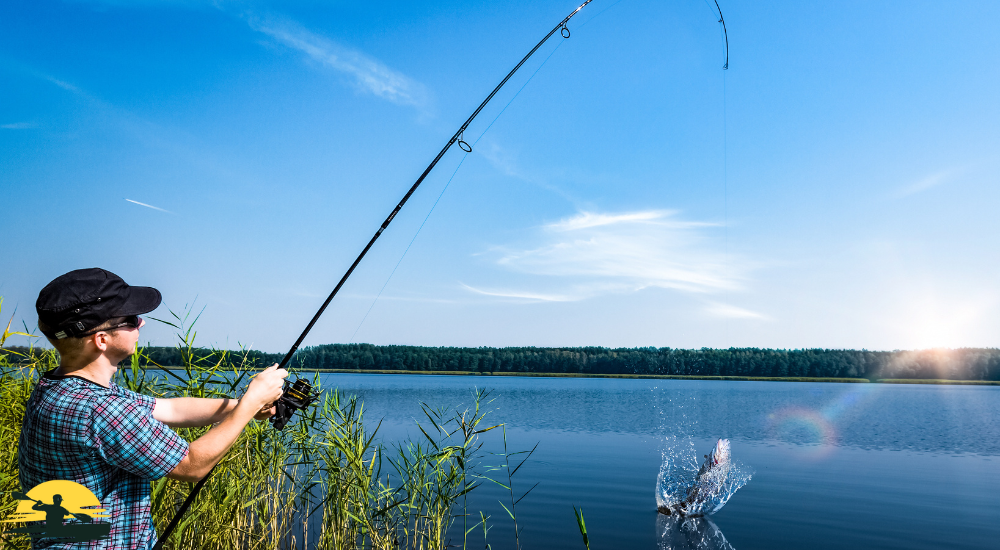
The closed season is when you can’t – this gives the fish time to reproduce and grow so there are more fish in the future.
There are two main types of fishing seasons:
- General Fishing Seasons: These are the basic rules that apply to most fish in most places. For example, in Wisconsin, the general inland fishing season for many species, like bluegill, crappie, and catfish, is open year-round. But, there are some exceptions for specific waters, like stocked trout ponds, which often have their own set of rules.
- Species-Specific Seasons: Some fish, like trout or musky, have special seasons that don’t follow the general dates. These special seasons usually depend on the fish’s spawning habits and when it’s best to catch them. For example, you’ll often find trout season starting in early spring, around April, when the fish are most active.
Sometimes, you’ll also see special regulations for certain lakes or rivers.
These regulations might be different from the general rules for the county or zone. For instance, some lakes might have a closed season for black crappie, while others allow you to catch them year-round.
So, it’s important to pay close attention to the specific rules for the waters you plan to fish. Remember, the fishing regulations are your friend!
They’re there to help you have a successful and enjoyable fishing trip.
By understanding the different types of seasons and regulations, you can plan your trips accordingly and make the most of your time on the water. So, feel free to dive into those regulations and figure out the best times to catch your favorite fish!
Conclusion
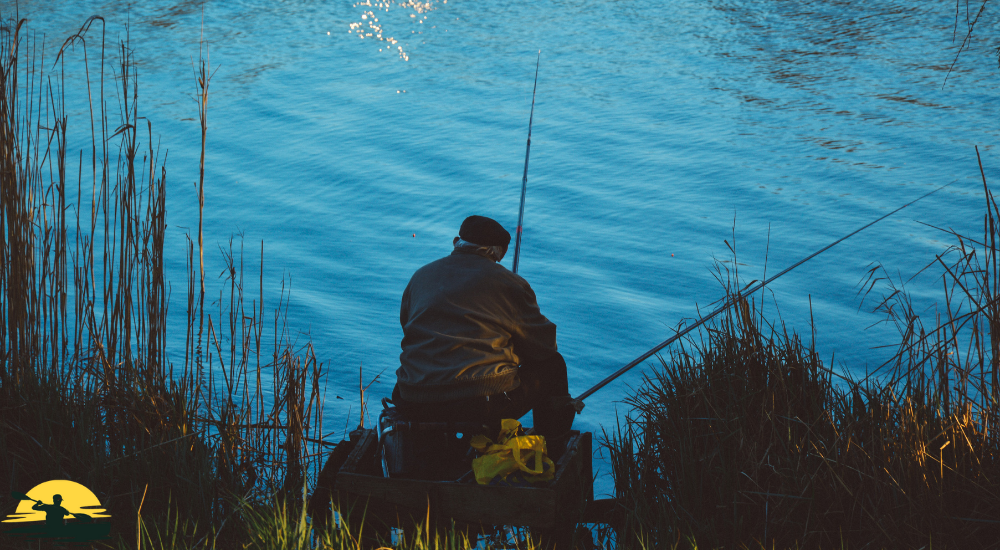
So there you have it! Fishing seasons don’t have to be confusing. Remember, just check the current regulations in the particular county or area you want to fish in. That’s the best way to stay informed and avoid any surprises. Now you’re ready to hit the water and reel in some awesome catches!
Frequently Asked Questions
Can I fish year-round in Wisconsin?
Many fish species, like bluegill and crappie, have an open season year-round in most Wisconsin waters. However, some species, like trout or musky, have specific seasons and regulations. Always check the current regulations for the particular county you’re fishing in.
How do I find the fishing seasons for my area?
The easiest way is to check the Wisconsin DNR website. They have all the information you need, including opening and closing dates, special regulations, and any exceptions for specific bodies of water.
Are there different fishing seasons for different lakes or rivers?
Yes! Some lakes or rivers might have specific regulations that differ from the general county rules. Always check the specific regulations for the body of water you plan to fish in.
What happens if I fish during a closed season?
Fishing during a closed season is illegal and can result in fines. It’s important to respect the regulations to protect fish populations and ensure there are plenty of fish for everyone in the future. It’s important to maintain current regulations particular county.
Why do fishing seasons change from year to year?
Fishing seasons are based on the biology and behavior of different fish species. They might change slightly from year to year depending on factors like water temperature, fish population numbers, and environmental conditions. You can always check the most recent regulations to stay informed.


